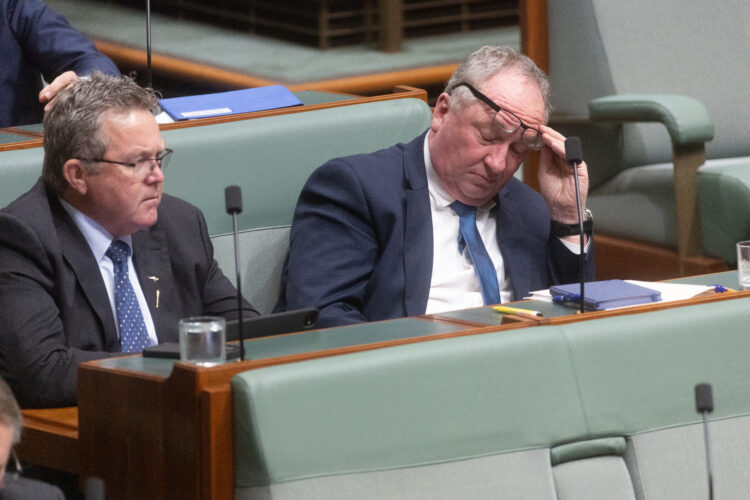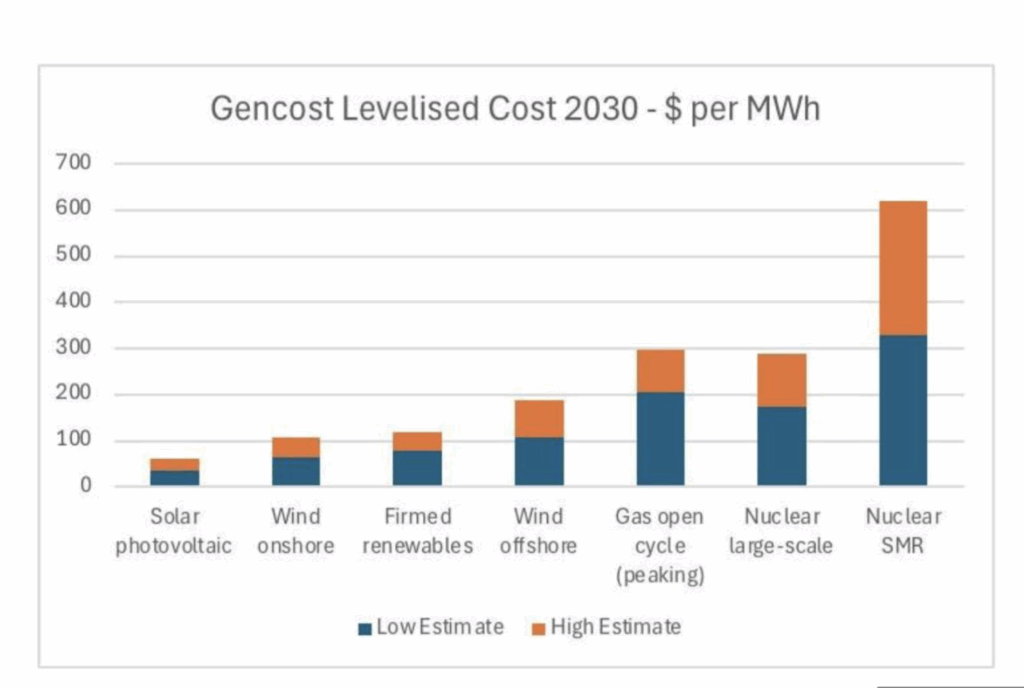‘Rhetoric is not enough’
Dr Mohammed Mustafa, an Australian emergency room doctor who has been to Gaza twice to volunteer in what is left of its hospitals after Israel’s non-stop assaults, has spoken to ABC News Breakfast this morning about what is still happening to Palestinians:
Things are changing, but it’s only the rhetoric that’s changing. The action hasn’t changed. To starve a population doesn’t take a few days, it takes weeks and months. What’s happening now in Gaza – it’s not just that these people are starving – even if we were to get them food in now, it wouldn’t stop the problem.
Even if they were to feed right now and have food again, it wouldn’t solve the problem of starvation. If you gave them food right now, they would die from the food, from things like re-feeding syndrome. When the body is in starvation mode, the body is used to breaking down fat.
When you start giving them food, it gives them carbohydrates, a huge insulin spike. Salts in the bloodstream can cause things like seizures, arrhythmias, heart attacks.
What you need is not just food, but an influx of healthcare professionals to come in as well to combat the images that we’re seeing in Gaza. That’s why it’s not enough – rhetoric is not enough. And opening up aid distribution for a few trucks to come in with food is not going to save these children’s lives. We need a coordinated humanitarian response. That’s not what we’re seeing.

